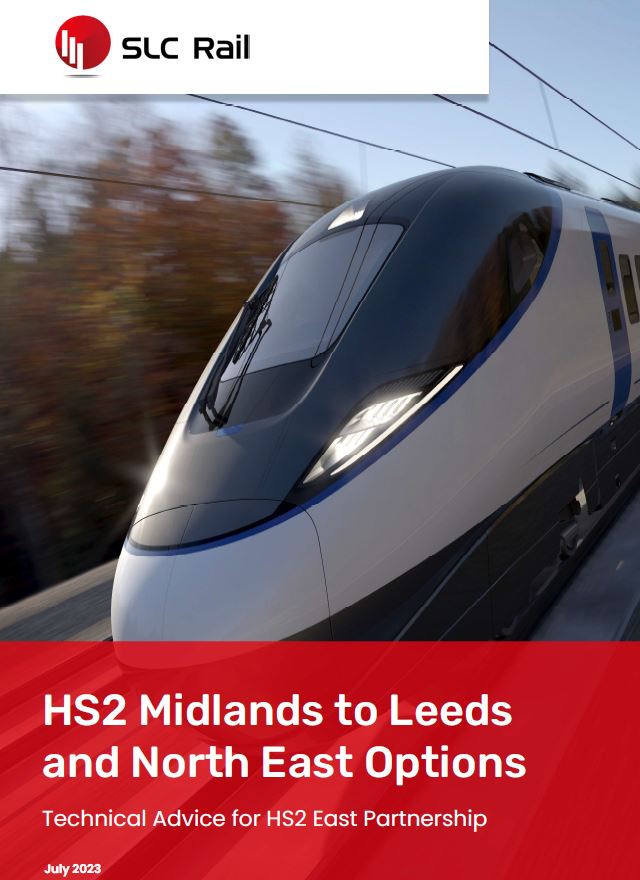It's a similar story to the rise of telecommunications over the last 20 pre-Covid years anyway. Yes, being able to videoconference and remote work means you don't *have* to visit in person. But, those technologies fairly dramatically reduce the barrier to entry for working with people from a distance. Once you've been able to work at all with people who are a long train ride away, you'll then have more of a reason to go and visit them in person.
The primary shift we'll see in the long term from Covid WFH are people who were already finding it suboptimal to head into the office every day. IIRC some of the problems with recent franchise awards are due to the same basic effect cropping up even before Covid. Central London employment levels continued to rise, so the basis of L&SE franchises assumed an increase in passengers. But, the expected passenger growth didn't come. People started doing a very subtle shift in some cases to commuting 3 or 4 days a week, probably pushing their employer's expectations to the limit in the process. Without Covid, that effect would have continued albeit much more gradually and quietly.
The reason that rail is on its way back is that we're re-learning the value of dense urban areas as centres for employment and economic growth. The primary competition to most rail in the UK is the car, and we know that cars just don't work in these spaces. The sorts of indirect and sometimes accidental measures by the state which make car dependency feasible in towns elsewhere (free parking in the high street!) are basically impossible in London. There isn't enough space to park on the street in London, so you end up with multistorey car parks. But, those are run normally by private operators who are looking to make a profit, so they will actually charge what the market will bear. A season ticket might look expensive but so does a regular car parking space in the City or near it. High land prices mean that businesses are not providing car parking spaces either. It's not uncommon for city centre offices to be built with no parking beyond a scattering of accessible and servicing spaces in the basement. Private companies are now more interested in very expensive city centre office space than the huge swathes of car-dependent office parks built off of motorway junctions around the country.
With rail being more efficient than car, it would seem quite extraordinary for rail to fall by the wayside again as a transportation method. The only real idea then would be that humans decide to stop travelling so much. I don't think that's sensible at all. As people get wealthier, they want to travel more to experience more. Journeys which someone might only take once a year might become quarterly (e.g. a shopping/show/sights trip to London). In aggregate that still means more people travelling. If you're up beyond the Midlands, your best bet for getting to London will still be on HS2.



